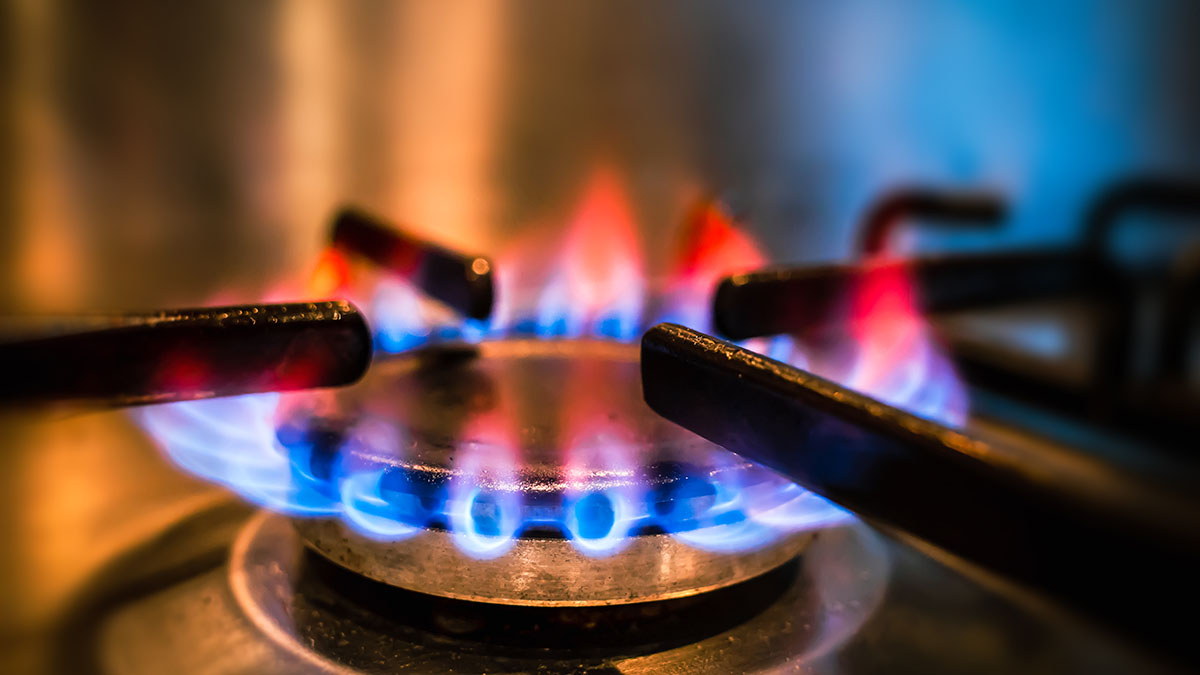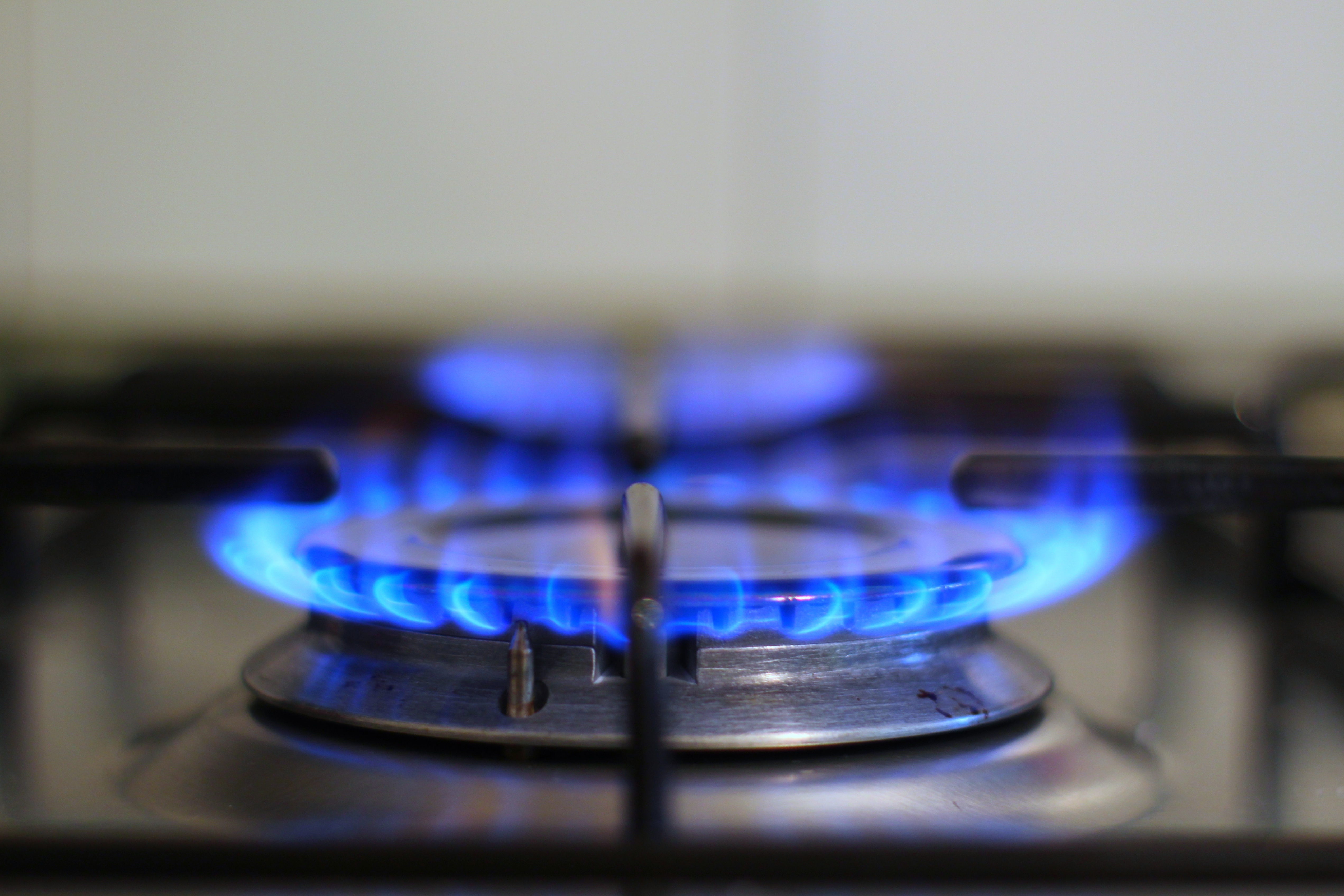The debate over gas vs. electric stoves has been heating up lately.
Last year, Massachusetts passed a climate provision allowing 10 municipalities to restrict or ban fossil fuels in new developments. And this month, a commissioner at the Consumer Product Safety Commission calling gas stoves a "hidden hazard" — some evidence links them to increased rates of asthma — prompted outcry that the federal government is going to take them all away.
While there's no national gas stove ban on the horizon, the new research has sparked plenty of conversation about the pros and cons of giving up gas. For a lot of people, switching to electric would mean giving up on the way they’ve cooked for decades.
“I myself, much like a lot of other chefs, have always grown up on gas," chef and restaurant owner Evan Hennessey told NBC10 Boston. "The similarities between gas and induction is that they're equally just as fast."
Get Boston local news, weather forecasts, lifestyle and entertainment stories to your inbox. Sign up for NBC Boston’s newsletters.
Hennessey designed his restaurant Stages, in Dover, New Hampshire, to run solely on electric when it opened 11 years ago. The restaurant is outfitted with induction stovetops, which work on an electromagnetic field to heat up fast without giving off harmful emissions.
"Looking back, we have no regrets," Hennessey said. "I think it might be difficult to switch from gas to electric. However, when you design with gas with electric in mind from the beginning, then it's no real problem."
Induction stoves — a type of electric stove — are typically more expensive, but industry experts say it’s the most efficient way to cook. Traditional electric stoves, on the other hand, lack temperature control of gas and induction counterparts.
Chef Anna Rossi, host of NBC10 Boston's "The Chef's Pantry," said induction is both more reliable and easier to clean.
“I find that nothing compares to induction," Rossi said. "It has such a well-dispersed energy in how it heats the pan that it is very efficient. Basically, 90% of the energy that is creating that heat is going into the food."
As for the difference in what you cook, Rossi and Hennessey said your dish should taste the same on whatever type of stove you use.
"If there's any discrepancy in food quality, I would have to blame the cook," Hennessey joked.
Want to know what's up for your weekend? Click here to subscribe to our free weekly newsletter about events, experiences and adventures for you and for your family around Boston. (You might even find a few freebies!)
Electric stoves are more common in Massachusetts, where about 63% of households used electric ovens and 44% used gas in 2020, data from the Energy Information Administration shows. Bay Staters were actually more likely to use gas stoves than the national average that year: 68% of all U.S. homes had electric stoves compared with 38% that had gas.
But in Boston, the majority of stoves sold at local store Yale Appliance are gas, according to CEO Steve Sheinkopf.
“Boston is a gas market. It’s over 70% of sales,” Sheinkopf said. “Gas is still the predominant cooking type in this area by far.”
Like Rossi, Sheinkopf attributes that preference in part to familiarity, culinary efficiency and convenience.
Although electric ovens boast benefits like child safety, Sheinkopf said, they’re harder to get because they draw a lot of electricity. He added that induction is growing in popularity because it gives a comparable performance to gas without the emission of harmful chemicals like nitrogen oxide.
“Gas is instant on. People see it. They're familiar with it. When it's on, it's on. When it's off, it's off,” Sheinkopf said. “Electric is a radiant source. So it takes time to turn on. And when you shut it off, it takes time to shut down.”



